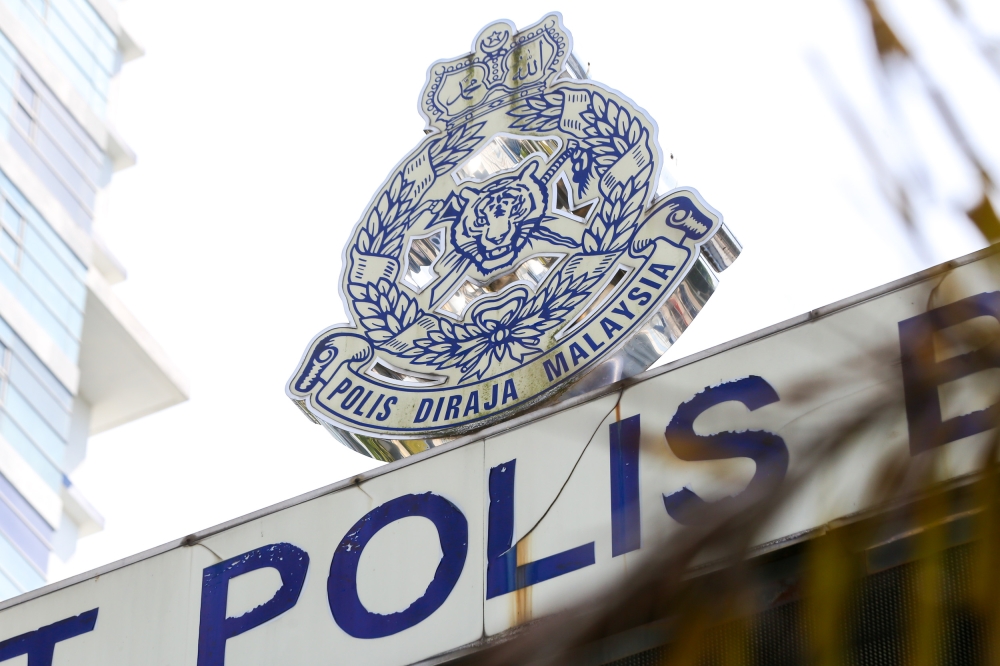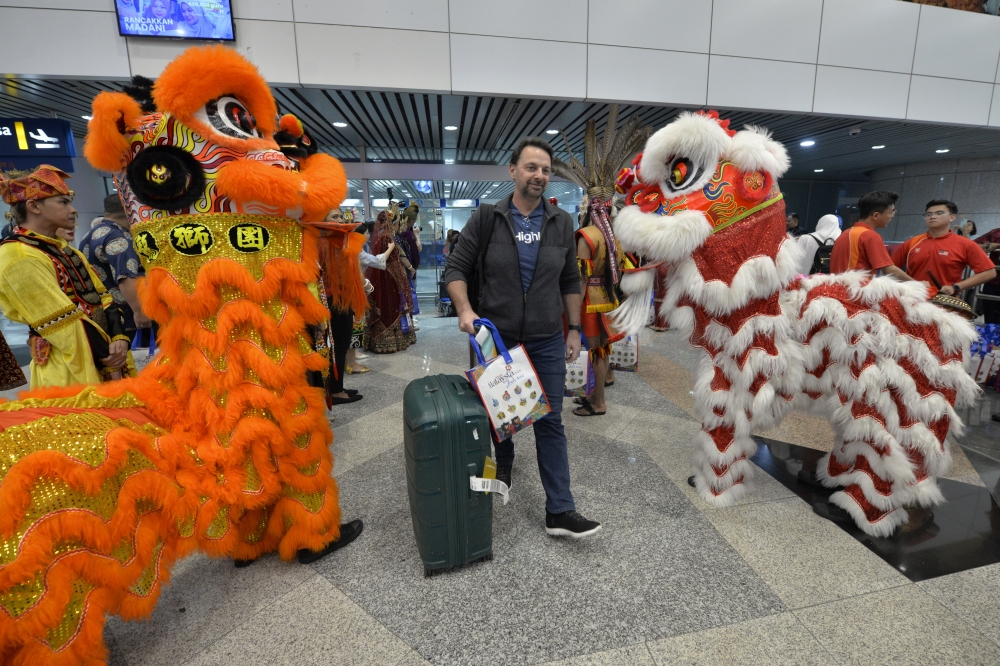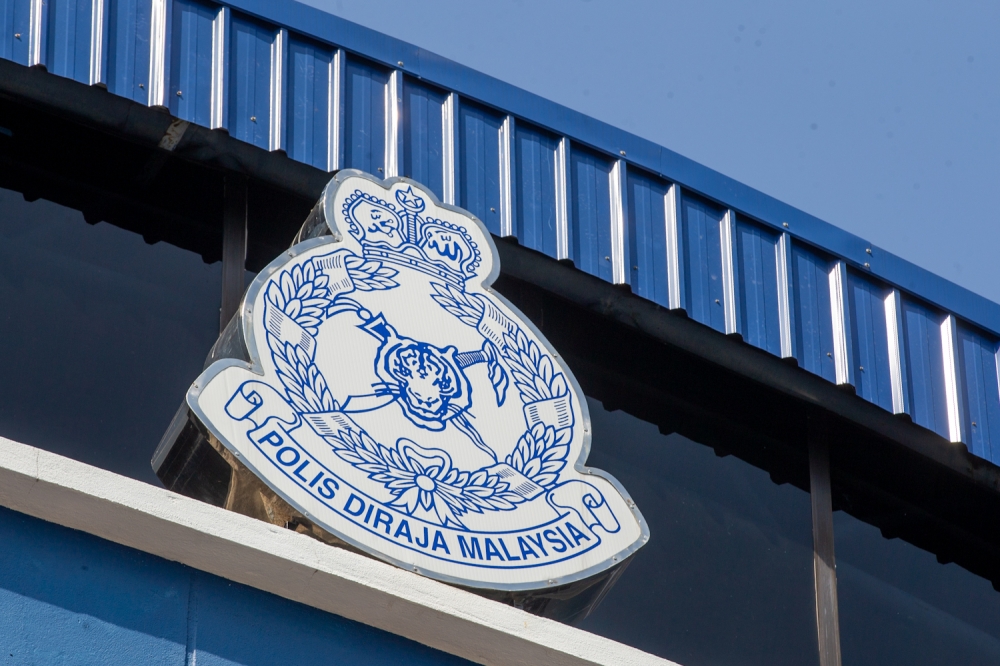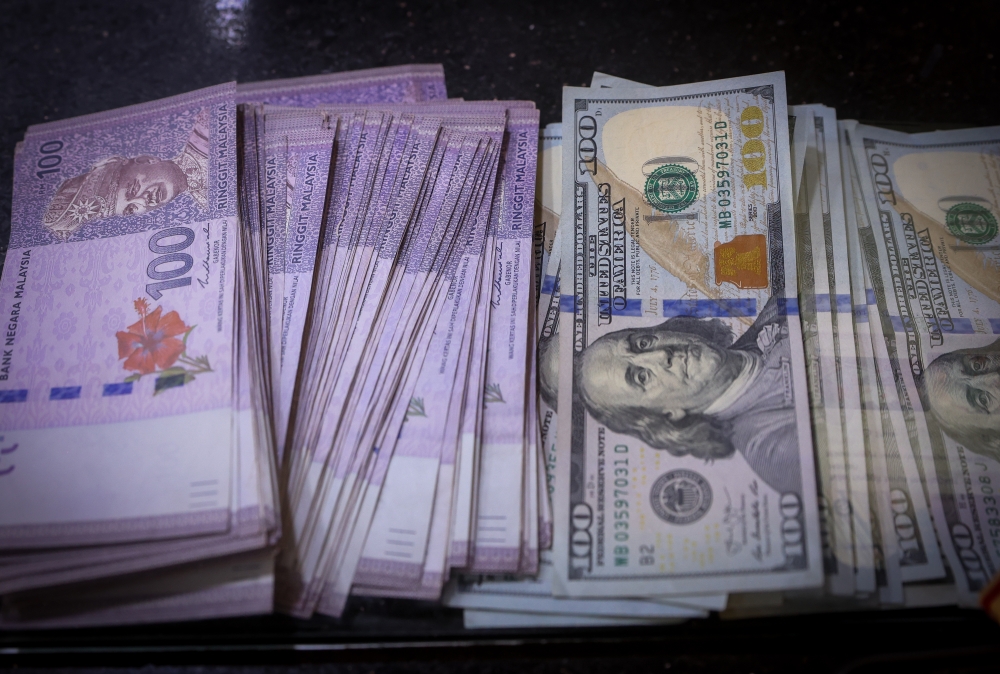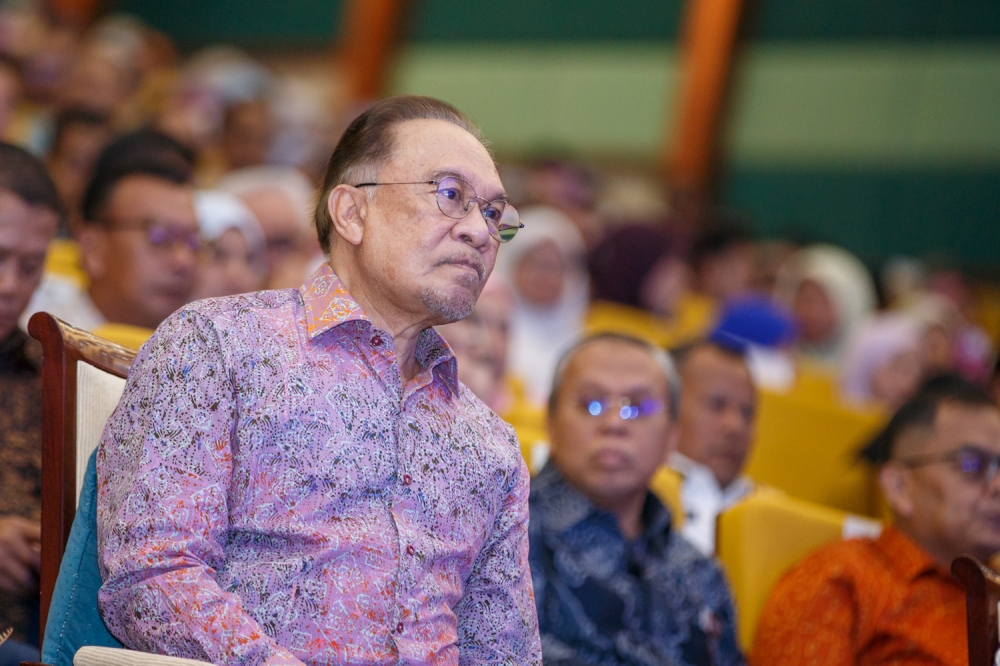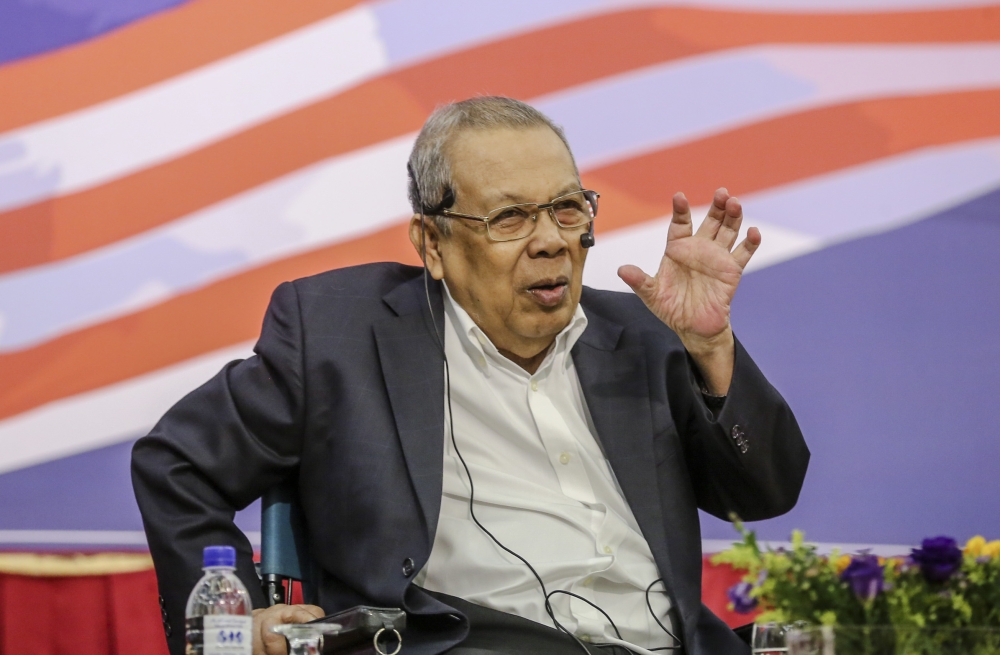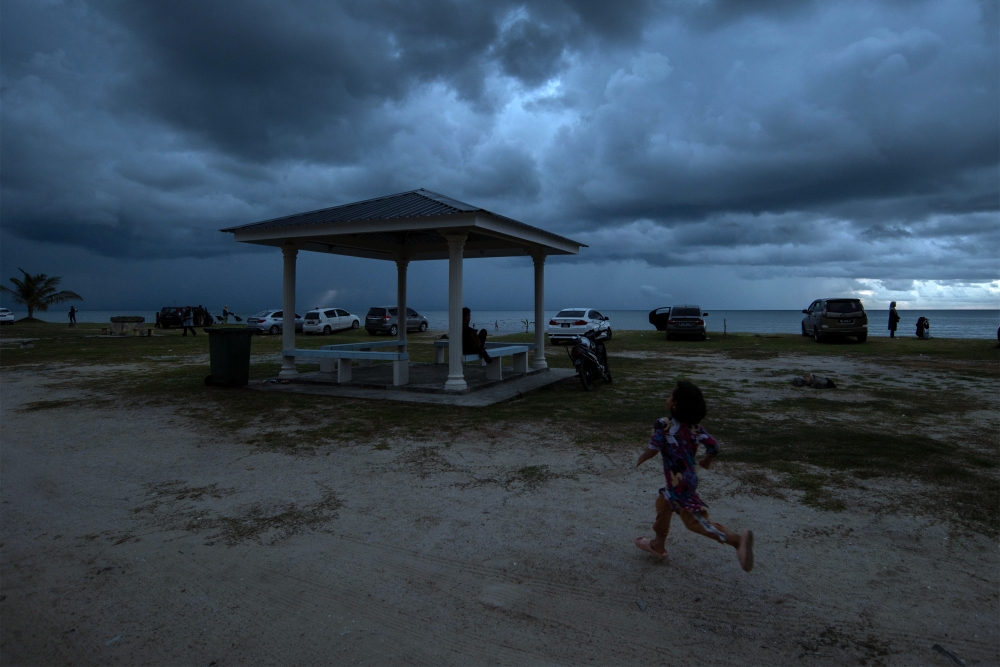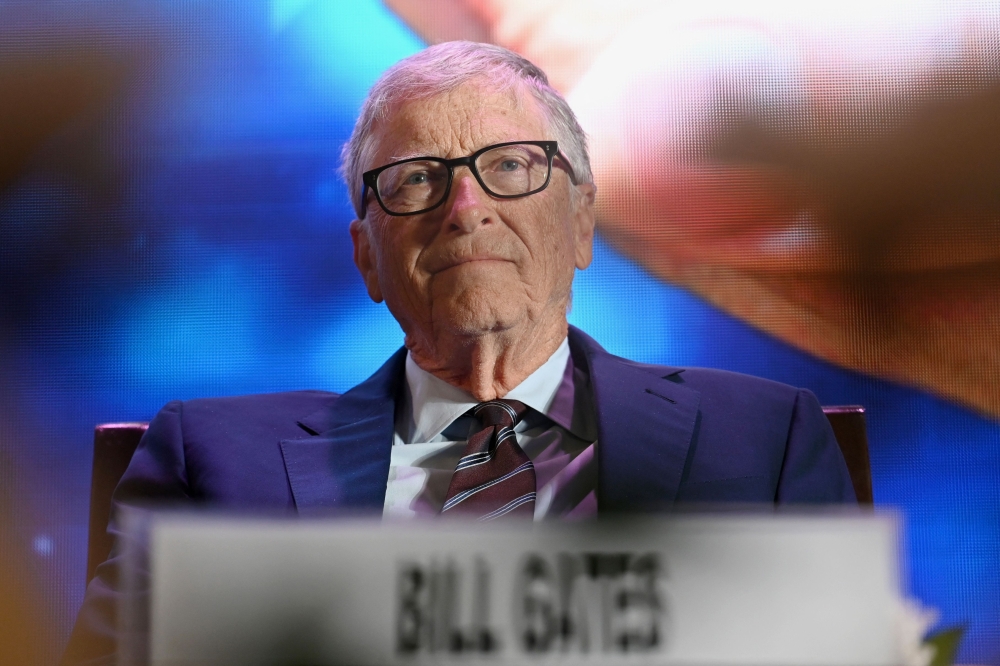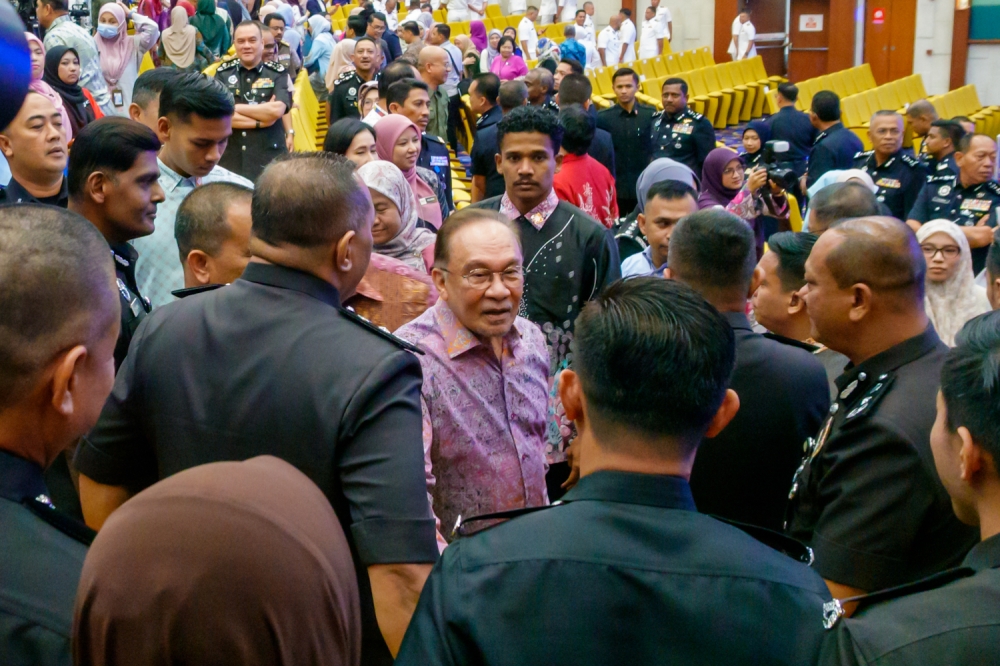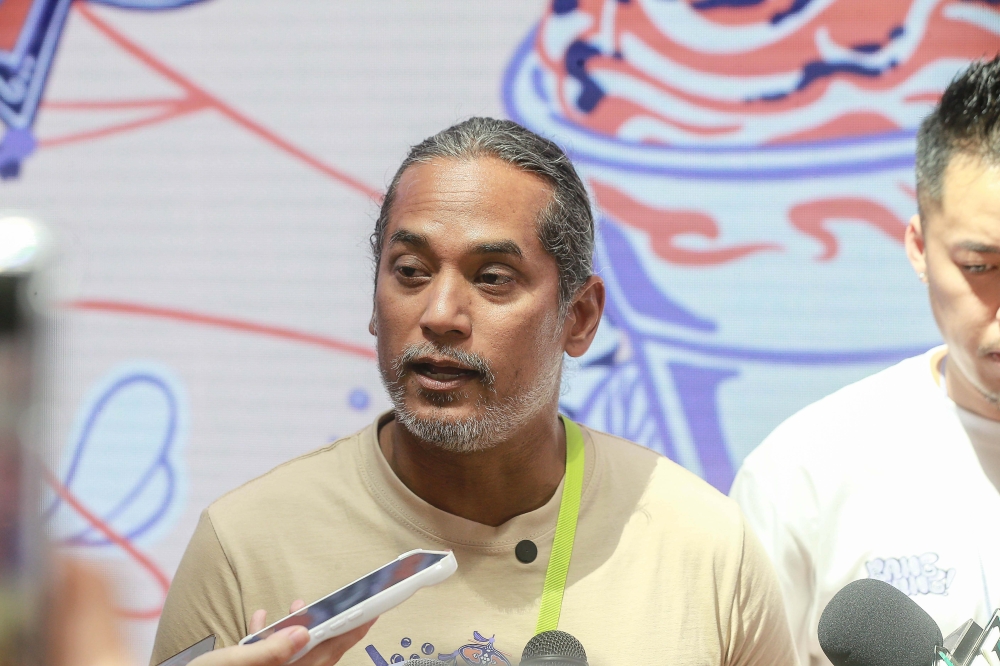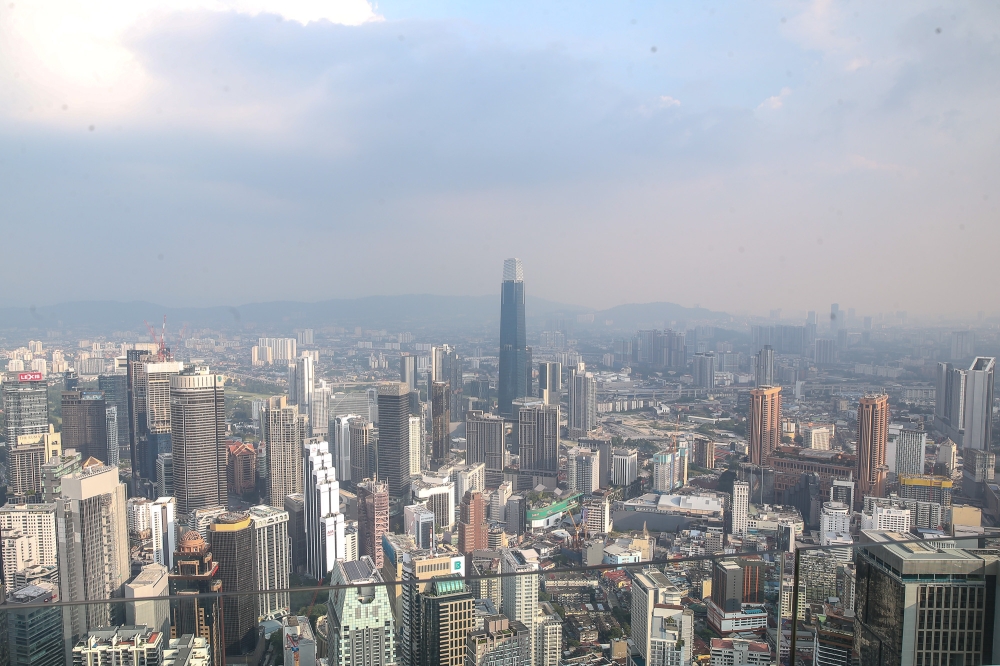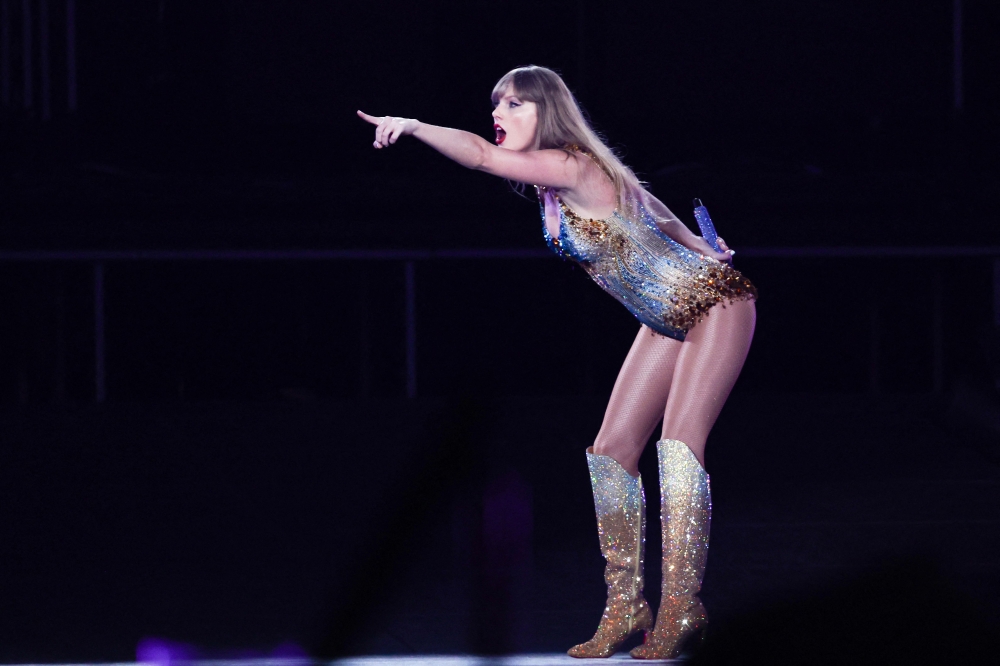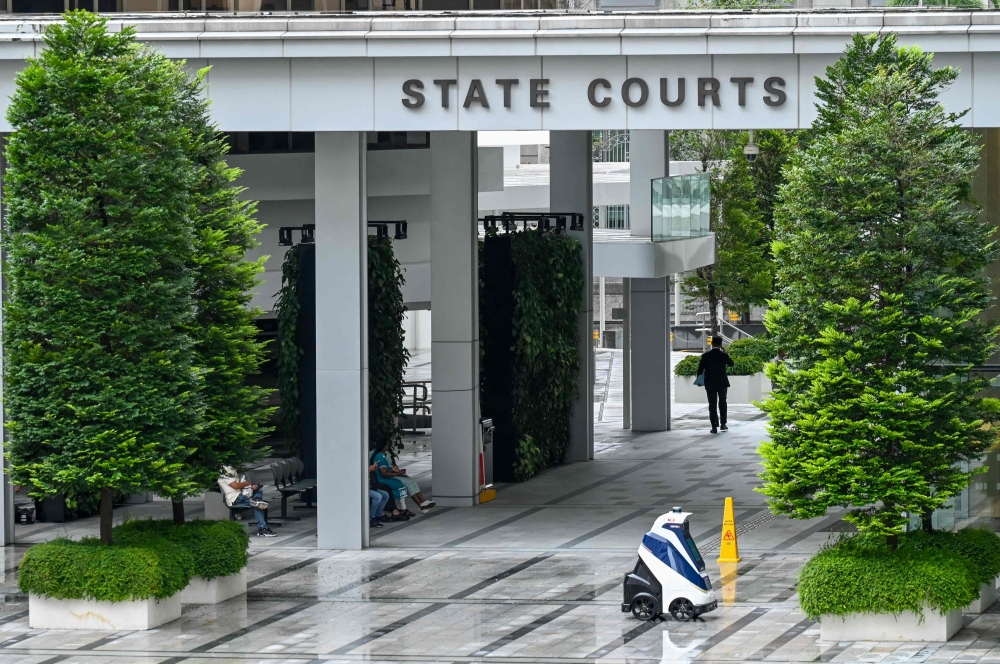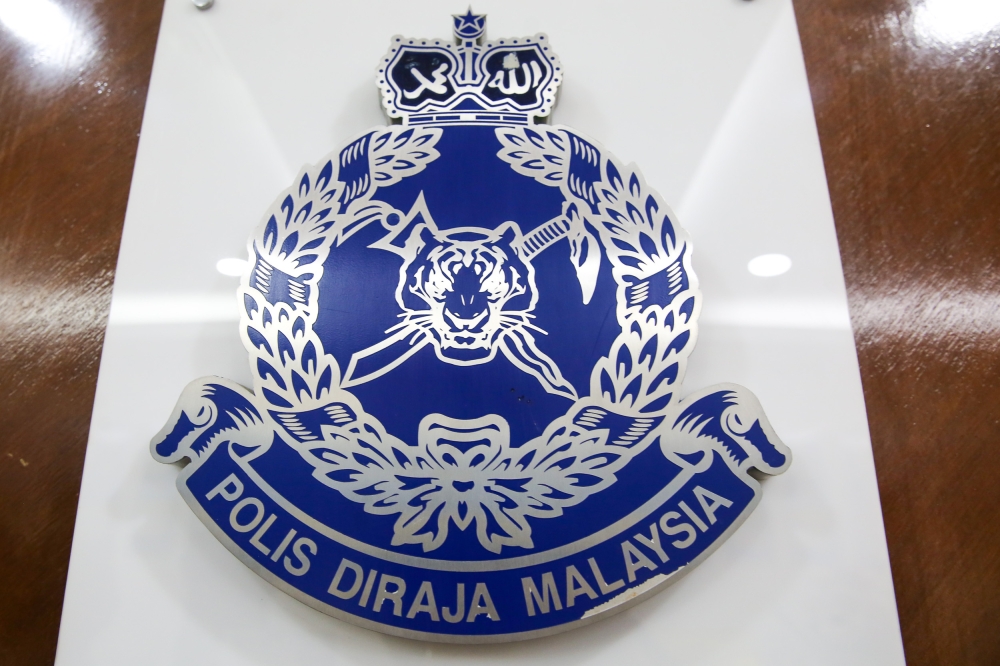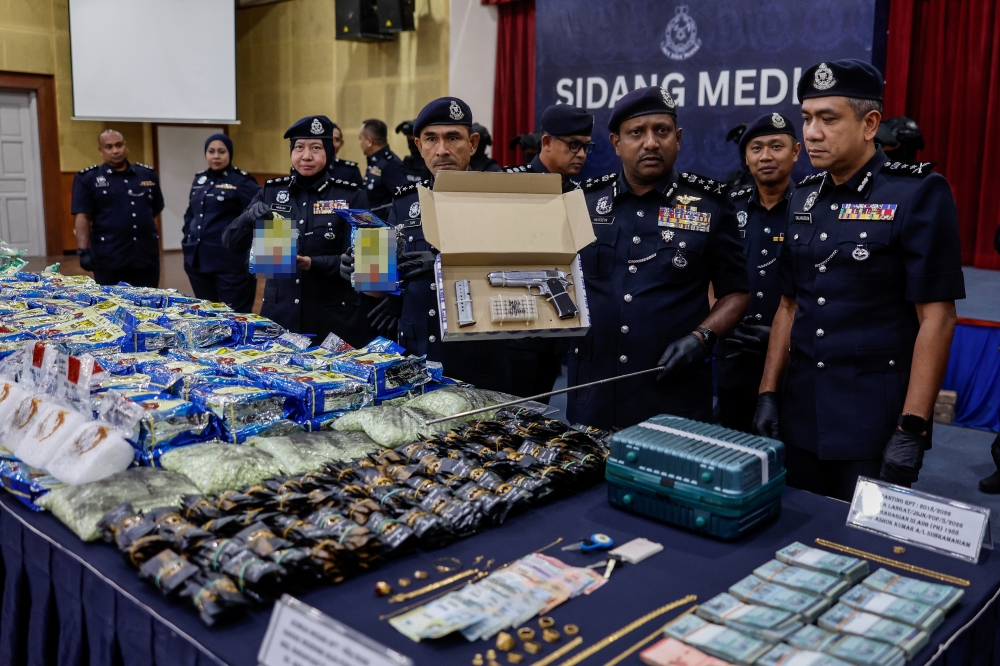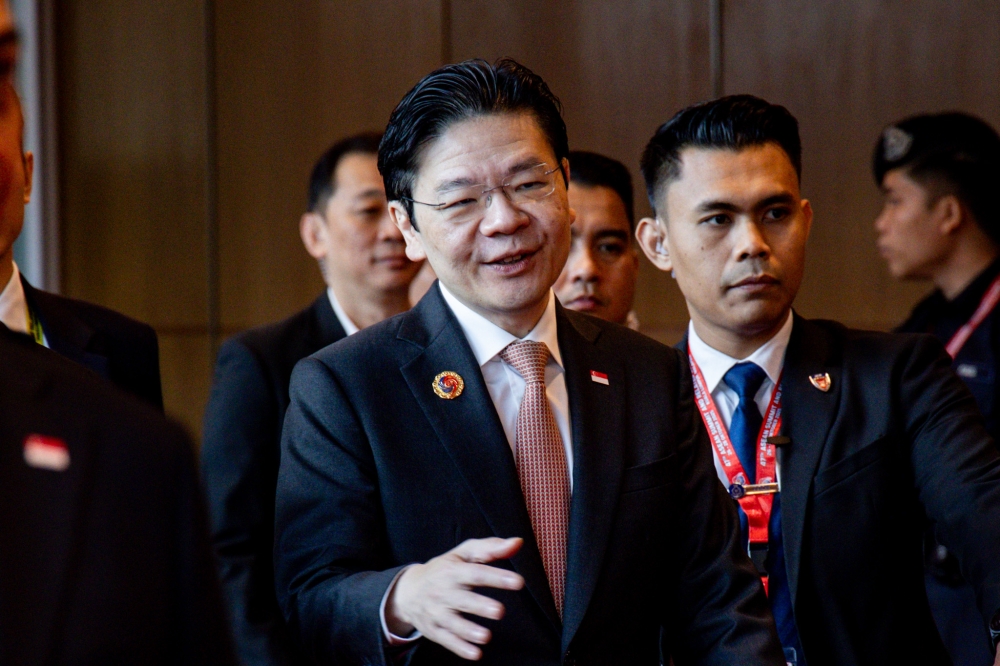SINGAPORE, May 25 — In hopes of breaking up its alleged monopoly on the live concert industry in the United States, the country’s Justice Department has filed a lawsuit against Ticketmaster and parent company Live Nation.
The 128-page antitrust lawsuit was joined by 29 US state and district attorneys general on Thursday (May 23), alleging that Live Nation and Ticketmaster used anti-competitive practices that have stifled the concert and ticketing industry.
The US government alleges that the anti-competitive practices have resulted in concert-goers facing high ticket prices and has prohibited innovation and competition.
Through the lawsuit, the US hopes that Live Nation will be ordered to divest “at minimum” Ticketmaster and cease any anti-competition behaviour.
US lawmakers have long accused Live Nation of engaging in such practices. Early last year, a congressional hearing was held on issues that fans faced while trying to buy tickets for pop singer Taylor Swift’s The Eras Tour. Fans in Singapore also encountered similar problems.
In response to the civil suit on Thursday, Dan Wall, executive vice-president of corporate and regulatory affairs at Live Nation, said that the lawsuit does not address problems in the concert and ticketing industry, and wrongfully targets Live Nation and Ticketmaster.
“It ignores everything that is actually responsible for higher ticket prices, from rising production costs, to artist popularity, to 24/7 online ticket scalping that reveals the public’s willingness to pay far more than primary ticket prices,” Wall wrote in a blog on the company’s website.
He added that the lawsuit is “anti-business”.
Does Live Nation own a monopoly, and how will this lawsuit affect Singapore’s ticketing and concert scheme?
What the lawsuit seeks to address
Live Nation is essentially a one-stop shop for live entertainment — it provides promotional services, has ticketing services through Ticketmaster and owns several performance venues.
The US government has accused Live Nation of dominating the industry through what IT called a “self-reinforcing ‘flywheel’”.
If venues did not use Ticketmaster’s services, they risked losing access to Live Nation-managed performances and tours — which can be a costly mistake.
Celebrities such as rapper Post Malone have had their concerts produced by Live Nation, while pop stars Taylor Swift and Beyonce have had their sold-out tours promoted by the entertainment giant.
It is not just the venues — the complaint alleged that performers also had to use Live Nation’s promotional services or they would not be able to perform at their venues.
This ecosystem allegedly made it increasingly expensive for industry competitors. And with a lack of competition, the US claimed that Ticketmaster had no incentive to invest into its systems.
Lacking competition also means that Live Nation could charge consumers several fees — which the lawsuit called “Ticketmaster Tax” — such as service fees, facility fees, payment processing fees and more.
“These strategies are part of a deliberate and defensive series of actions and decisions designed to lock up venues, lock out competitors, and hold the industry hostage from innovation and evolution,” the US said in its lawsuit.
Is Live Nation a monopoly?
In 2010, the US Department of Justice approved a merger of Live Nation and Ticketmaster but with several conditions to ensure that the conglomerate would not act anti-competitively.
The antitrust decree was to ensure that Live Nation could not retaliate against a venue for using another ticketing service besides Ticketmaster, among other things.
After the merger, Live Nation grew to become, in its own words, the “largest live entertainment company in the world”.
It was accused of anti-competitive behaviour in 2019 by the US Justice Department, but it reached a settlement that was not disclosed.
In the latest lawsuit, it was stated that Live Nation manages more than 400 musical artists and controls 265 concert venues in North America, including more than 60 of the top 100 amphitheatres in the US.
Through Ticketmaster, it controls about 80 per cent of major concert venues’ ticketing for concerts.
Live Nation reported on May 3 that revenue rose 21 per cent to US$3.8 billion (S$5.13 billion) for the first quarter ended March 31 this year. This was well above earlier estimates of US$3.26 billion.
Even though facts and figures such as these have spurred US legislators to describe the entertainment giant as an monopoly, it disagrees.
Wall of Live Nation said on Thursday that it does not derive its profits from “monopoly pricing”, stating that the company’s service charges are no higher than other ticketing sites such as SeatGeek and AXS.
“In fact, when Ticketmaster loses a venue to SeatGeek, service charges usually go up substantially,” Wall added.
“And even accounting for sponsorship, an advertising business that helps keep ticket prices down, Live Nation’s overall net profit margin is at the low end of profitable S&P 500 companies.”
The S&P 500 is a list of the country’s top 500 companies.
Will Singapore be affected?
Depending on the outcome of the US Department of Justice lawsuit, concert-goers here could be affected.
If the outcome resulted in greater industry competition, this could pressure Ticketmaster to charge less for its services, which could mean that performing artistes are in a position to charge lower ticket prices for concert-goers.
Dr Hannah Chang, an associate professor of marketing at the Singapore Management University, said that should the lawsuit result in the need for concerts to engage several ticketing platforms, it might be more complicated for concert-goers to buy tickets.
This could also hurt artistes.
“Such issues are likely to be limited for megastars like Taylor Swift or Jay Chou where their fans will find a way (to buy their tickets),” she added.
“For others — and particularly for emerging artistes — there may be benefits to being able to reach global audiences through one single platform, rather than through a mixture of platforms.
“For instance, if each concert uses a different platform, ticketing processes across languages and currencies are likely to be harder to standardise.”
The impact of the lawsuit might be limited here though — Live Nation’s hold on the Singapore concert industry is arguably smaller than in the US.
For one thing, it does not own any venue in Singapore, unlike in the US.
While it is unclear if Ticketmaster has exclusive rights to provide its services at any venues, it does not have exclusivity for Singapore’s National Stadium and Indoor Stadium, which have capacities of 55,000 and 12,000 respectively.
A 2019 press release stated that it is one of three ticketing agents allowed to operate at the locations. The other two ticketing agents are Sistic and Australia’s Ticketek.
Ultimately, the impact will depend on the lawsuit’s outcome — which could take years. — TODAY


